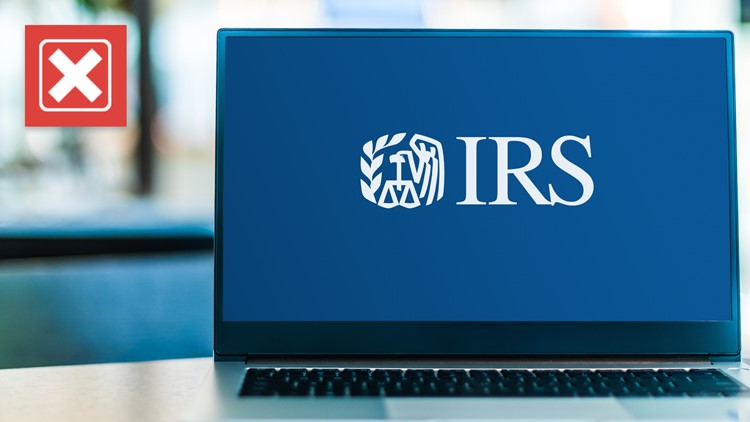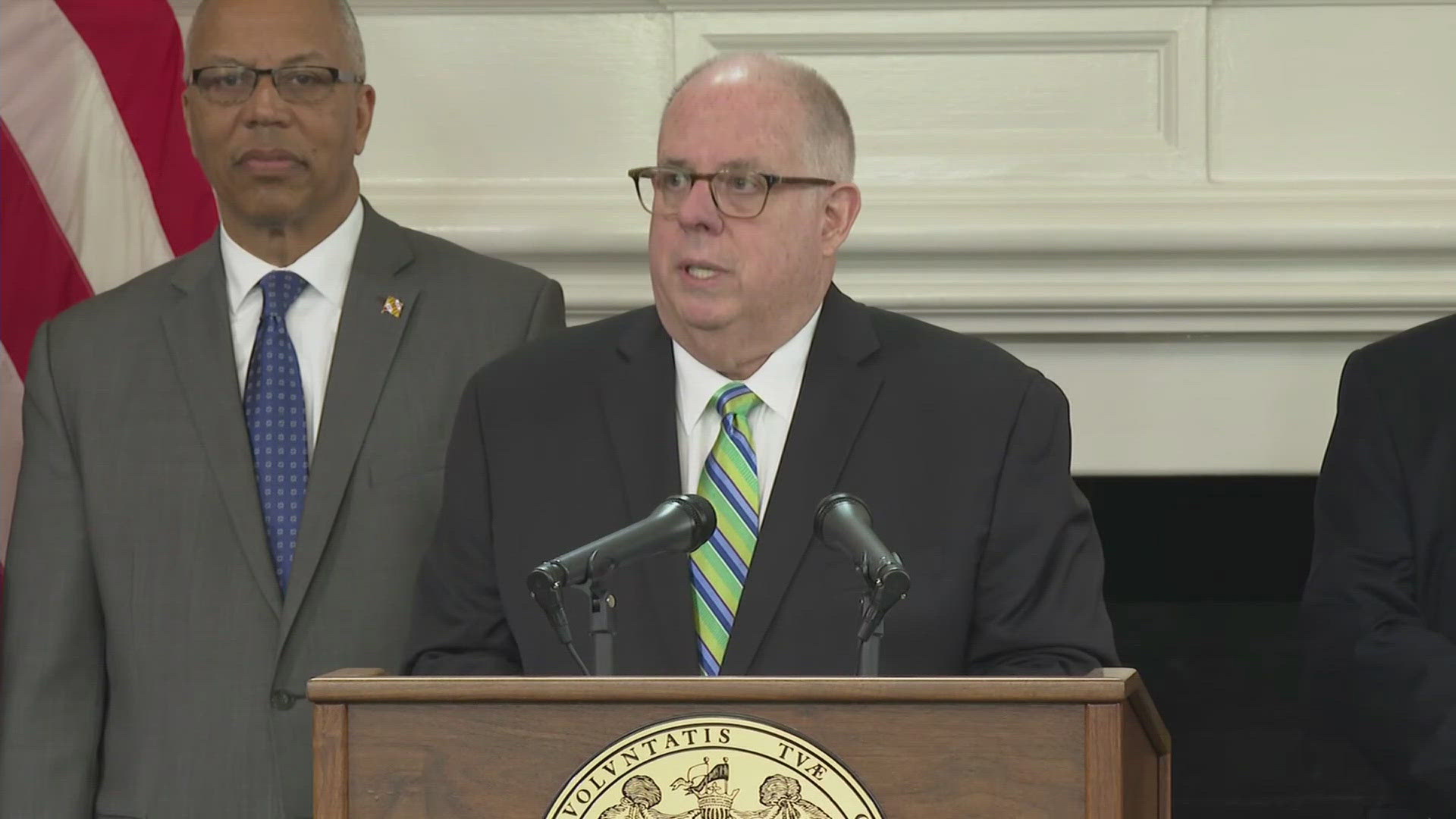The Internal Revenue Service (IRS) has offered a Free File program for middle to low-income tax filers through partnerships with private tax preparers for two decades, but a Government Accountability Office (GAO) report found only 3% of taxpayers use it, even though 70% are eligible.
The IRS recently announced that next year it will launch a new free tax filing program it’s calling “Direct File.” Direct File differs from Free File in that it’s directly run by the IRS instead of by private companies, and it doesn’t have an income restriction. VERIFY readers reached out to us to ask questions about other potential restrictions on who can use the program.
THE QUESTION
Will the new IRS Direct File be available to everyone in 2024?
THE SOURCES
THE ANSWER
No, the new IRS Direct File program will not be available to everyone in 2024. Only some taxpayers in 13 states will be eligible while the IRS tests the program in its pilot year.
WHAT WE FOUND
IRS Direct File will allow people to electronically file their federal taxes for free, directly through the IRS, the agency says. But it is only being offered to a limited number of tax filers in 2024. This allows the agency to test the program before launching it nationwide.
Direct File will allow people to prepare and file their federal tax returns. The program will not prepare state tax returns, but it will be designed to lead people to a state-supported tool that taxpayers can use to prepare and file their tax return, if they have one, the IRS says. Many private tax preparation companies allow taxpayers to prepare and file both their federal and state tax returns together.
All states with a state income tax were given the option to participate in the Direct File pilot and partner with the IRS to integrate their state tax returns into this system. Four states opted to participate, and another nine states don’t have a state income tax at all, meaning taxpayers in 13 states are eligible to use Direct File at its launch.
Direct File differs from Free File because the latter relies on participating online private tax preparation companies to prepare and file federal returns, the IRS says. Direct File will be operated and maintained by the IRS.
Additionally, the preexisting Free File program is available only to people with an annual gross income lower than $73,000. The IRS has not implemented any income restrictions on who can use Direct File.
The Direct File program is the first time the IRS is offering direct electronic filing that isn’t administered through a third-party, like TurboTax or H&R Block, says Anders CPAs and Advisors, a financial advising company.
At its launch in 2024, the IRS will limit the Direct File pilot to people with relatively simple tax returns in the eligible states, but the IRS plans to make Direct File available to more taxpayers as the program continues.
The IRS says taxpayers with “relatively simple returns” that can use the 2024 Direct File pilot are those who report only the following kinds of income and only claim the following kinds of credits and deductions:
Income: W-2 wage income, Social Security and Railroad Retirement benefits, unemployment compensation, interest of $1,500 or less
Credits: Earned Income Tax Credit, Child Tax Credit, Credit for Other Dependents
Deductions: Standard deduction, student loan interest, educator expenses
The 13 states where qualifying taxpayers will have access to Direct File next year are:
Alaska
Arizona
California
Florida
Massachusetts
New Hampshire
New York
Nevada
South Dakota
Tennessee
Texas
Washington
Wyoming
Arizona, California, Massachusetts and New York are working with the IRS to integrate their state taxes into Direct File’s 2024 pilot year. The other nine states are those that don’t have a state income tax, the IRS says.
In a May 2023 report to Congress, the IRS said it could phase in the Direct File program by limiting it to simple tax returns at first and then slowly making more complicated tax returns eligible over time.
“Over time, the tool could grow more comprehensive as it iteratively fills in gaps with each release, up to the limit of available funding,” the IRS said in its report to Congress.
People eligible for Direct File can still use other filing options, such as tax professionals and tax preparation companies. The preexisting IRS Free File program will also still be available for all qualified taxpayers.
The IRS has noted that the scope of the pilot “is subject to change.”



